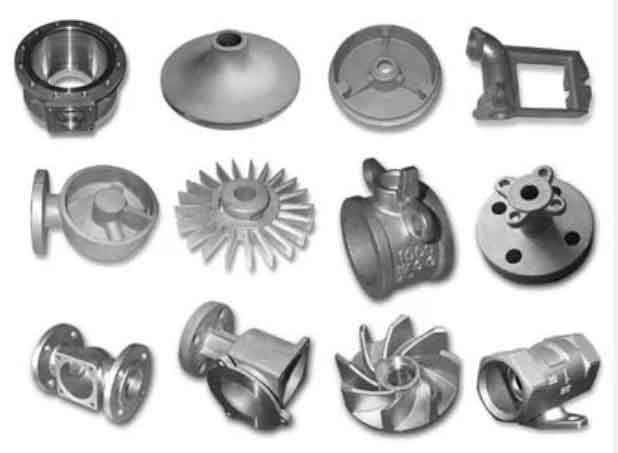
Ductile iron casting, also known as nodular iron casting or spheroidal graphite iron casting, is a type of iron alloy that exhibits superior strength, ductility, and versatility. It is widely used in various industries due to its exceptional mechanical properties and cost-effectiveness. Here are some key aspects that highlight the strength and versatility of ductile iron casting:
Mechanical Strength:
Ductile iron possesses excellent mechanical strength, making it suitable for applications that require high load-bearing capacity and resistance to wear, impact, and fatigue. It offers higher tensile strength, yield strength, and elongation compared to other cast iron types, such as gray iron. Ductile iron’s strength and toughness are attributed to the presence of graphite nodules, which act as crack arresters, improving the overall fracture resistance.
Ductility and Toughness:
Unlike other cast iron materials, ductile iron exhibits good ductility and toughness, enabling it to deform under stress without fracturing. This property makes it highly suitable for applications subjected to dynamic loads or where impact resistance is crucial. Ductile iron can absorb and dissipate energy effectively, making it ideal for components in automotive, construction, and heavy machinery industries.
Versatility in Design:
Ductile iron casting offers design flexibility, allowing for the production of complex shapes and intricate geometries. It can be easily cast into a wide range of configurations, including thin-walled sections, sharp corners, and intricate details. This versatility enables the production of components with optimized designs and reduced weight, leading to cost savings and improved performance.
Corrosion Resistance:
Ductile iron exhibits good corrosion resistance, making it suitable for applications in aggressive environments, such as marine, chemical, and wastewater industries. It can withstand exposure to moisture, chemicals, and certain types of acids without significant degradation. Additionally, ductile iron can be further enhanced with protective coatings or surface treatments to improve its resistance to corrosion and erosion.
Machinability and Weldability:
Ductile iron is known for its excellent machinability, allowing for ease of machining operations such as drilling, milling, and turning. It produces short, continuous chips during machining, reducing tool wear and improving productivity. Ductile iron is also weldable, making it suitable for fabrication and repair processes where welding is required.
Cost-Effectiveness:
Ductile iron casting offers a cost-effective solution for many applications. It has a lower cost compared to some alternative materials like steel, while still providing comparable strength and performance. Ductile iron’s excellent casting properties, such as good fluidity and solidification characteristics, contribute to efficient and economical production processes.
Applications:
Ductile iron casting finds applications in a wide range of industries, including automotive, agriculture, construction, machinery, and energy. Common components produced through ductile iron casting include engine blocks, cylinder heads, gears, valves, pipes, fittings, and structural components. Its combination of strength, ductility, and cost-effectiveness makes it a preferred material for demanding applications where reliability and performance are essential.
Ductile iron casting offers a winning combination of strength, ductility, and versatility. Its mechanical properties, corrosion resistance, and cost-effectiveness make it a reliable choice for a variety of applications across different industries. As a result, ductile iron casting continues to be a preferred material in the manufacturing sector for producing durable and high-performance components.
